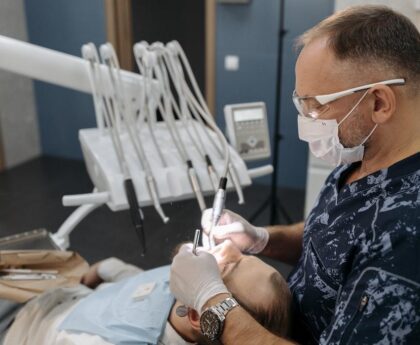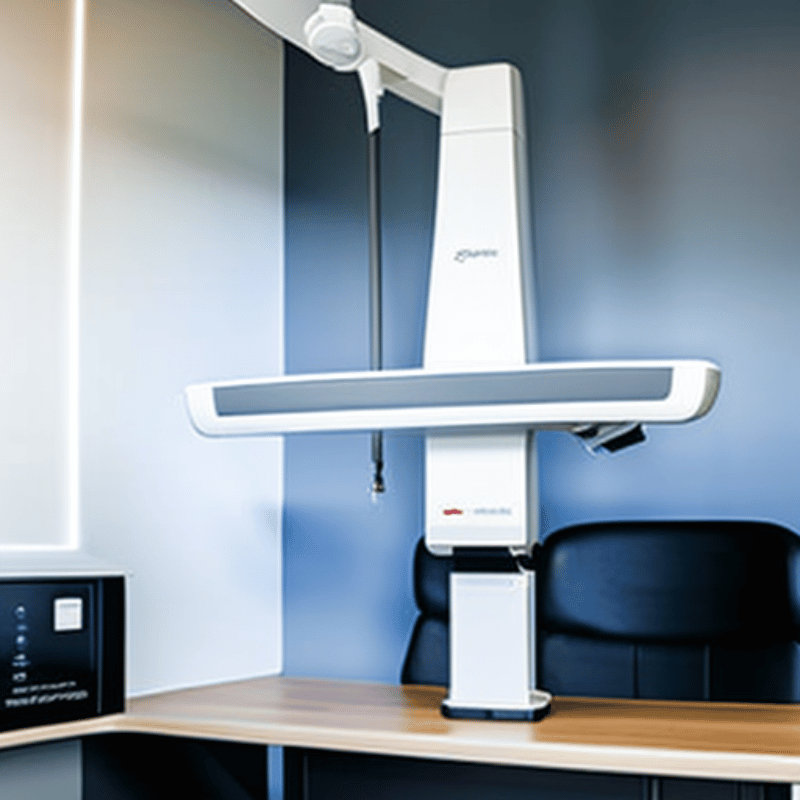A dental implant Melbourne is a great way of replacing a missing tooth with a crown or a set of partial or full dentures. If you have a missing tooth, you must contact your dentist as soon as possible to have it replaced. Missing teeth can have a huge negative impact, and before you know it, more of your teeth can become wobbly and fall out. Tooth loss can be scary and embarrassing; however, there are plenty of solutions available, and it is a lot more common than you may think. Your dentist will be able to put together a tailored treatment plan for you. Whether you have lost your tooth as a result of tooth decay, gum disease or an injury, your dentist will be able to provide a solution for replacing your missing teeth. The quicker you replace your teeth, the fewer complications you will have to face.
Replacing missing teeth can be expensive; therefore, you should replace one missing tooth rather than delay until you have to replace all of your teeth. You should also remember that despite the advances in dental technology, nothing is as good as the real thing; therefore, you need to look after your natural teeth as well as you can to avoid tooth loss in the first place. You need to maintain excellent dental hygiene, make good lifestyle choices, enjoy a healthy diet and visit your dentist regularly. In this way, you should be able to maintain your natural teeth for the rest of your life because contrary to popular belief, tooth loss is not a natural part of the ageing process. Teeth can actually last forever; however, we do not take sufficient care of our teeth, and this is what leads to tooth decay, gum disease and, eventually, tooth loss.
Gum disease and bone decay
If you have lost a tooth, you need to be careful since this can result in gum disease and bone decay. If this happens, it will be difficult to replace your tooth. To begin with, a dental implant is not suitable for everyone. Patients with underlying medical conditions, such as diabetes, may not be able to replace their missing teeth with an implant. In such a case, our dentist will provide you with other options, such as a set of dentures that simply sit on top of your gums, to restore the appearance of your smile and some of the function of your mouth as well.
If you have gum disease and bone decay, it may also be difficult to replace your missing teeth with dental implants. You will have to treat these issues first and undergo dental implant surgery; this prolongs the process and increases the complications. Your dentist will carry out x-rays and an intraoral scan, if necessary, to determine whether your jawbone is sufficiently dense enough to hold the implant in place. If you have been affected by bone decay, you may need a bone graft, which involves adding bone from a different part of your body or a donor to replace the decayed bone and strengthen your jaw so that you are ready to replace your missing tooth with an implant. You will have to wait for the area to heal before you can have an implant, which is why you need to address the issue as soon as possible. If you contact your dentist early on, you can reduce the likelihood that you will need a bone graft.
If you suffer from gum disease, you may need to undergo deep cleaning, an antibiotics course or even gum surgery to make sure your gums are healthy before you have the implant.
Dental implant surgery
If your bones and gums are healthy, you can prepare for the surgery. Using the X-ray and scan results, your dentist will be able to plan the surgery. They will plan exactly where the implant needs to be inserted, including the width and height of the implant you will need to replace your missing teeth successfully. If you are replacing a single tooth, you only need one implant; up to three adjacent teeth can be replaced with a single implant. Two implants can act as a bridge for more adjacent missing teeth, and in some cases, four implants can replace a full arch of teeth. You will be pleased to know that dental implants have a success rate of more than 95%, and once they are in place, they are designed to last a lifetime. Speak to your dentist today to learn more.
Disclaimer
Any surgical or invasive procedure carries risks. Before proceeding, you should seek a second opinion from an appropriately qualified health practitioner.




